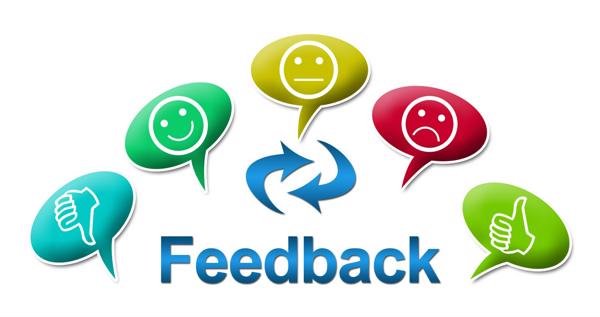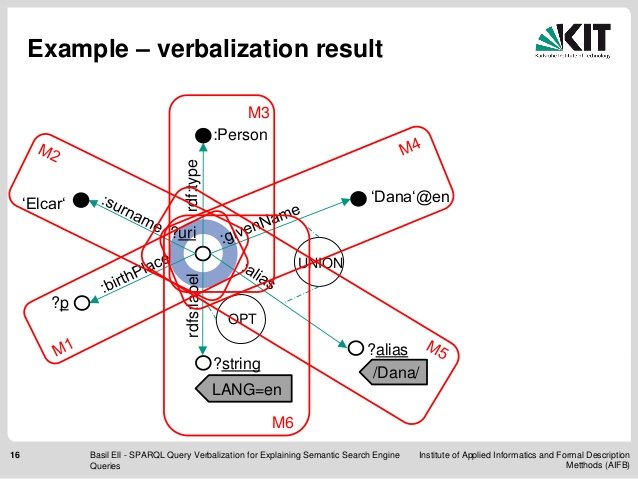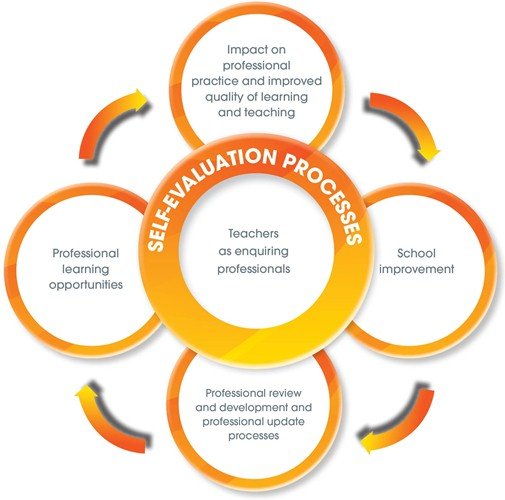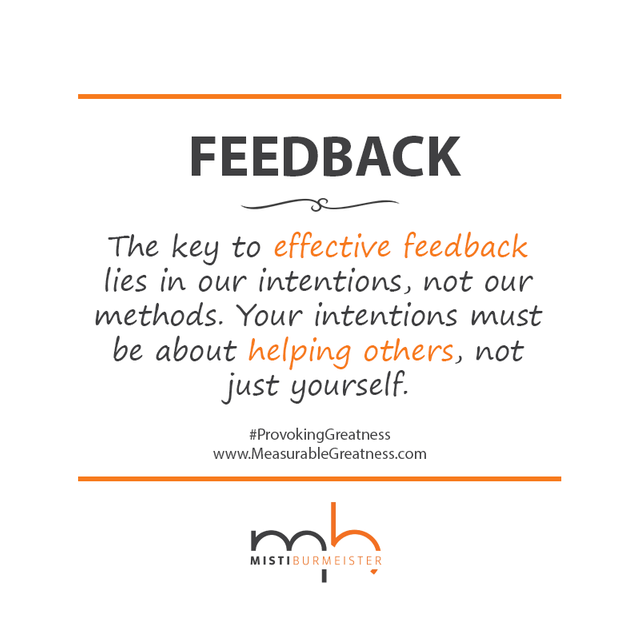Providing learners with causes, behavioral feedback and observation is the art of self-regulation

Image Source
Giving feedback to earlier successes underpins students' view of their advances, supports inspiration, and expands self-efficacy for learning. Feedback connecting early successes with capacity should upgrade learning efficacy. Exertion feedback for early successes might be more trustworthy when students need abilities and must consume push to succeed.
As they create aptitudes, changing to capacity feedback maintains self-efficacy and self-regulation. Schunk found that connecting children's earlier accomplishments with exertion prompted higher self-directed learning, self-efficacy, and accomplishment than did connecting future accomplishment with exertion. He demonstrated that capacity feedback for earlier successes improved self-efficacy and accomplishment superior to did exertion feedback or capacity and exertion feedback.
Children in the last condition may have marked down some capacity data for exertion. Schunk found that giving children capacity feedback for starting learning successes prompted higher capacity attributions, self-efficacy, and accomplishment than did exertion feedback for early successes.
Schunk and Cox gave children with learning handicaps exertion feedback amid the first or second half of a subtraction instructional program or no exertion feedback. Attributional feedback advanced self-efficacy, accomplishment, and exertion attributions superior to did no feedback.

Image Source
Students who got feedback amid the first half of the program judged exertion as a more imperative reason for progress than did students who got feedback amid the second half. Over a more extended period, exertion feedback for successes on a similar assignment could lead students to question their capacities and ask why despite everything they need to strive to succeed.
These outcomes recommend that the validity of attributional feedback might be more essential than the sort. Feedback that students accept is probably going to upgrade their self-efficacy, inspiration, and accomplishment. At the point when feedback isn't valid, students may question their learning capacities, and inspiration and accomplishment will endure.
Students' verbalizations of self-regulatory systems can direct their learning amid the execution control stage. Schunk gave demonstrated guideline on long division and self-directed practice to children with low mathematical accomplishment. Grown-up models verbalized procedure descriptors at suitable spots.
Amid self-directed practice, a few children verbalized the descriptors, others constructed their own verbalizations, those in a third gathering plainly verbalized techniques and self-constructions, and children in a fourth gathering did not verbalize. Self-constructed verbalizations yielded the most elevated self-directed practice and mathematical accomplishment. Children who verbalized techniques and self-constructions judged self-efficacy the most elevated. Self-constructions normally incorporated the systems and were arranged toward effective critical thinking.

Image Source
Schunk and Cox inspected the part of verbalization amid learning of subtraction critical thinking systems among children with learning handicaps. While taking care of issues, constant verbalization students verbalized so anyone might hear critical thinking operations. Halfway through the instructional program, ended verbalization children were asked to never again verbalize so anyone might hear.
Persistent verbalization prompted the most elevated self-efficacy and accomplishment. At the point when trained to cease verbalizing out loud, these students may have not kept on utilizing the verbal middle people to control their scholastic exhibitions. For verbal middle people to wind up disguised, students may should be instructed to blur unmistakable verbalizations to a secret level.
As students seek after objectives, it is vital that they trust they are gaining ground. Amid times of self-reflection, students can assess their advance on assignments having clear criteria. Be that as it may, on numerous errands it is hard to decide objective advance, particularly when benchmarks are not clear or advance is moderate. Feedback showing advancement can substantiate self-efficacy and inspiration.

Image Source
As students turn out to be more dexterous, they turn out to be better at self-evaluating progress. Schunk researched how objectives and self-evaluation influenced self-regulated learning and accomplishment results. Children got guideline and self-directed practice on divisions over sessions. Students worked under conditions including either an objective of learning how to take care of issues or an objective of only understanding them.
Half of the students in every objective condition assessed their critical thinking capacities after every session. The learning objective with or without self-evaluation and the execution objective with self-evaluation prompted higher self-efficacy, expertise, and inspiration than did the execution objective without self-evaluation. In a second report, all students in every objective condition assessed their advance once.
The learning objective prompted higher inspiration and accomplishment results than did the execution objective. Visit open doors for self-evaluation of capacities or advance raised accomplishment results paying little heed to whether students got learning or execution objectives. Then again, occasional open doors for self-evaluation advanced self-regulated learning and self-efficacy just among students accepting learning objectives.

Image Source
References:
Influencing Children's Self-Efficacy
Self-Efficacy and Academic Motivation
Strategy Training and Attributional Feedback With Learning Disabled Students
love it! Feedback is very important especially when you are in a negative state of mind. Sometimes we don't realize and we do something well until we get some feedback but another times we just don't acknowledge the feedback given. Very important to understand the topic more!
Downvoting a post can decrease pending rewards and make it less visible. Common reasons:
Submit
@juvyjabian exactly
Downvoting a post can decrease pending rewards and make it less visible. Common reasons:
Submit